We wash with germs, not with a shower loofah! The secret to true cleanliness is hidden in silicone.

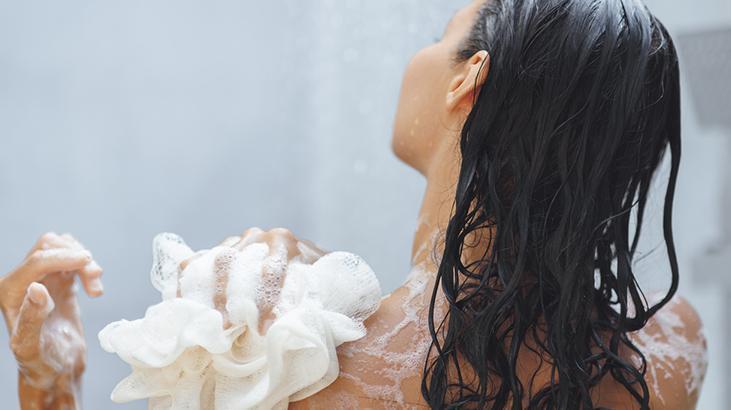
Experts say that fibers, whether they're made of squash or synthetic fibers, trap dead skin cells, creating a perfect environment for bacteria and fungi to grow. Dermatologist J. Matthew Knight says these fibers harbor microbes like E. coli, staphylococcus, and streptococcus, which can cause serious infections.
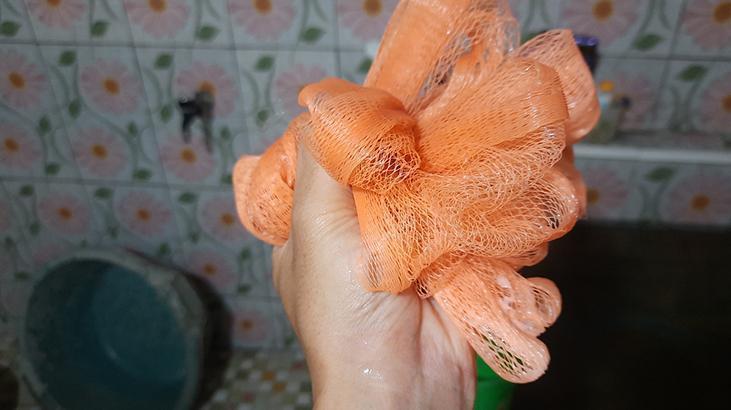
While the problem is often limited to minor skin irritations, in rare cases, the danger can be much greater. Research shows that bacteria entering the vascular system through microscopic wounds caused by the fiber can damage arteries, triggering a stroke risk.
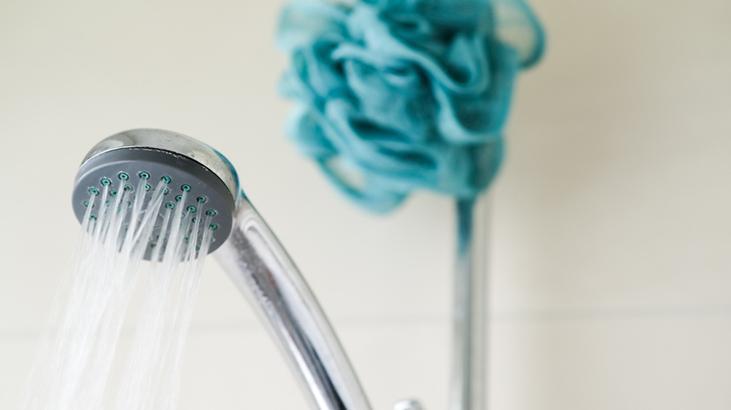
Dr. Haddad recommends silicone scrubbing tools instead of loofahs, as silicone materials are easier to clean and, with regular disinfection, are less likely to harbor bacteria.
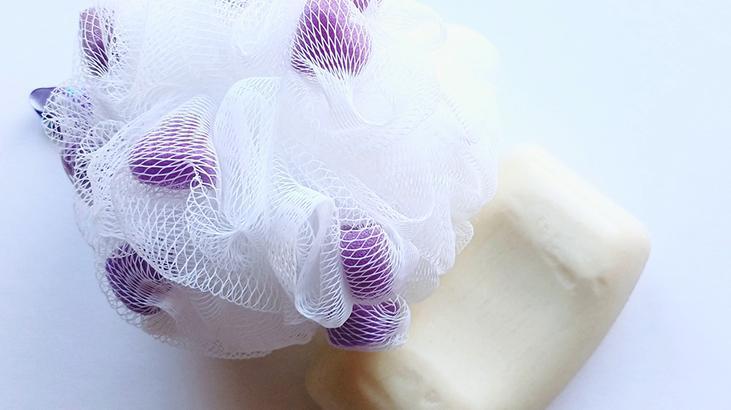
Haddad's video, which appealed to a wide audience with her 1.2 million followers, quickly garnered more than 117,000 views. However, many users in the comments expressed difficulty giving up their habit, saying, "I don't feel clean in the shower without a loofah."
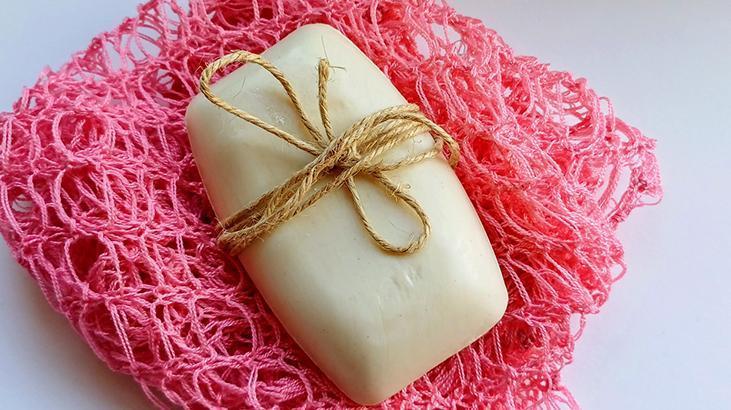
While a loofah may seem like a symbol of cleanliness , it can actually be a bacteria bomb for your skin. Experts warn: If you continue using a loofah, dry it thoroughly after each use and replace it frequently. Otherwise, a simple bath routine could put you at serious health risks.
milliyet





